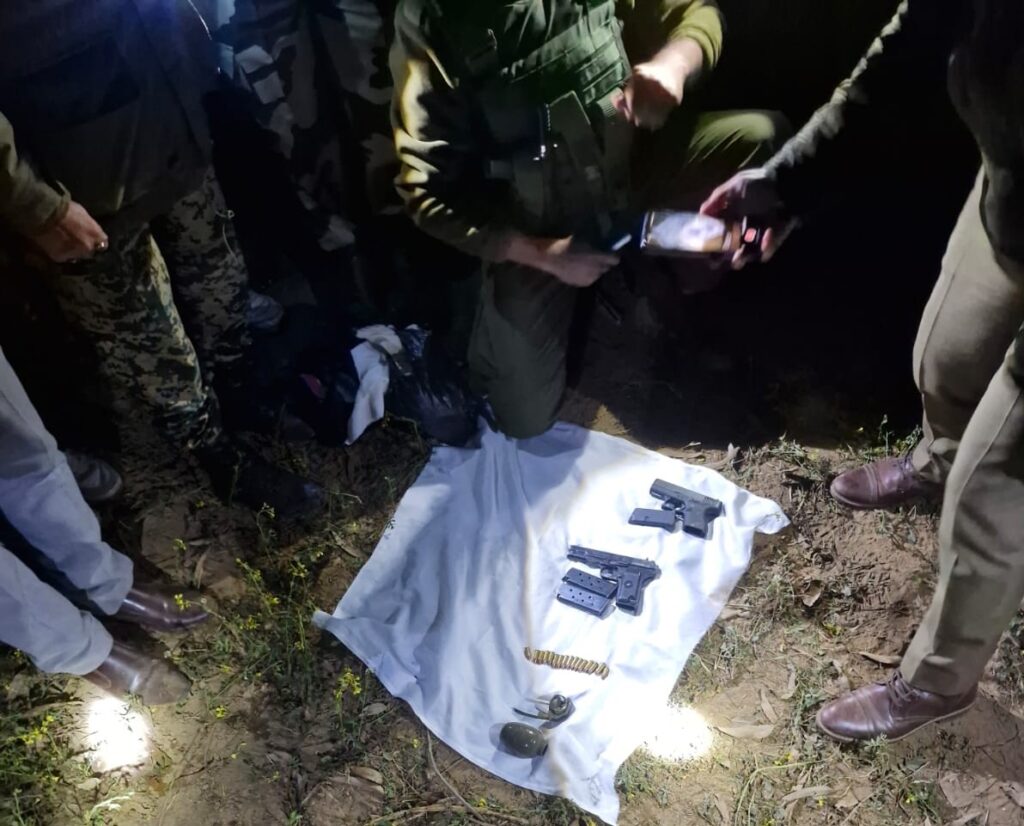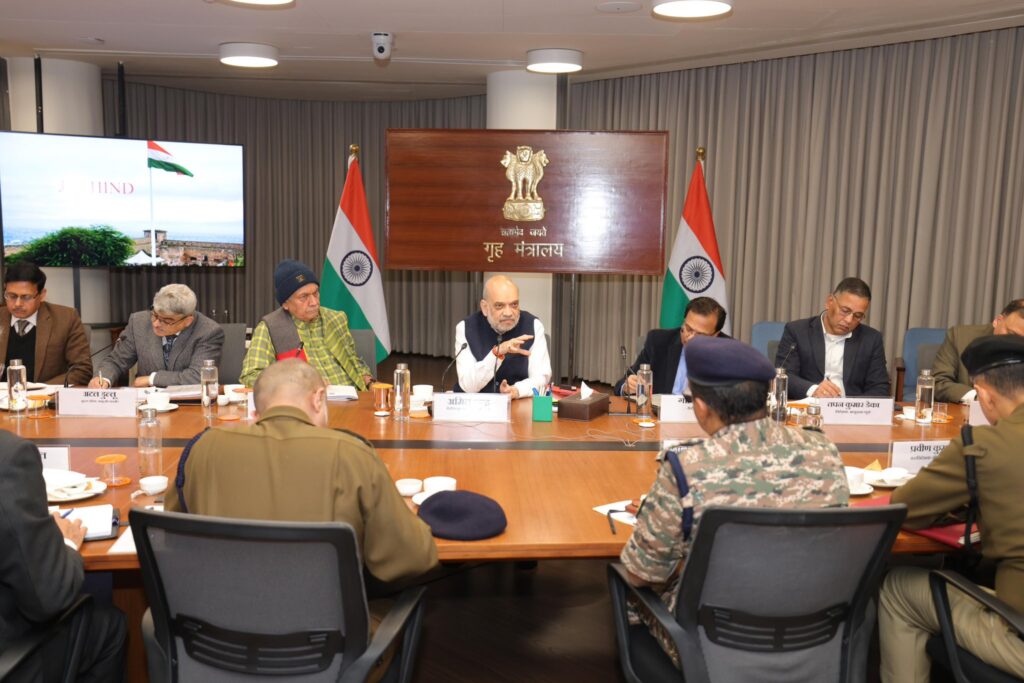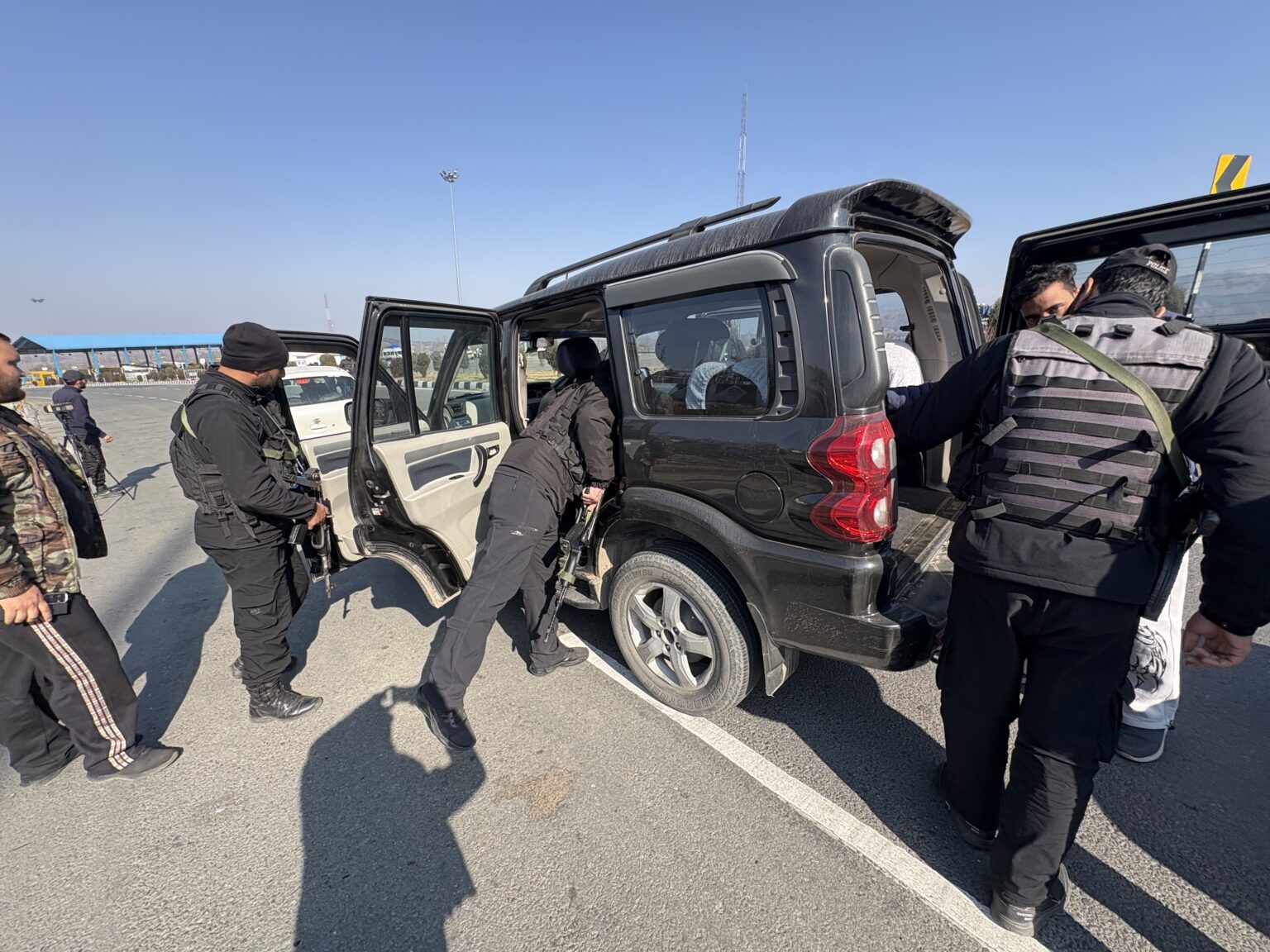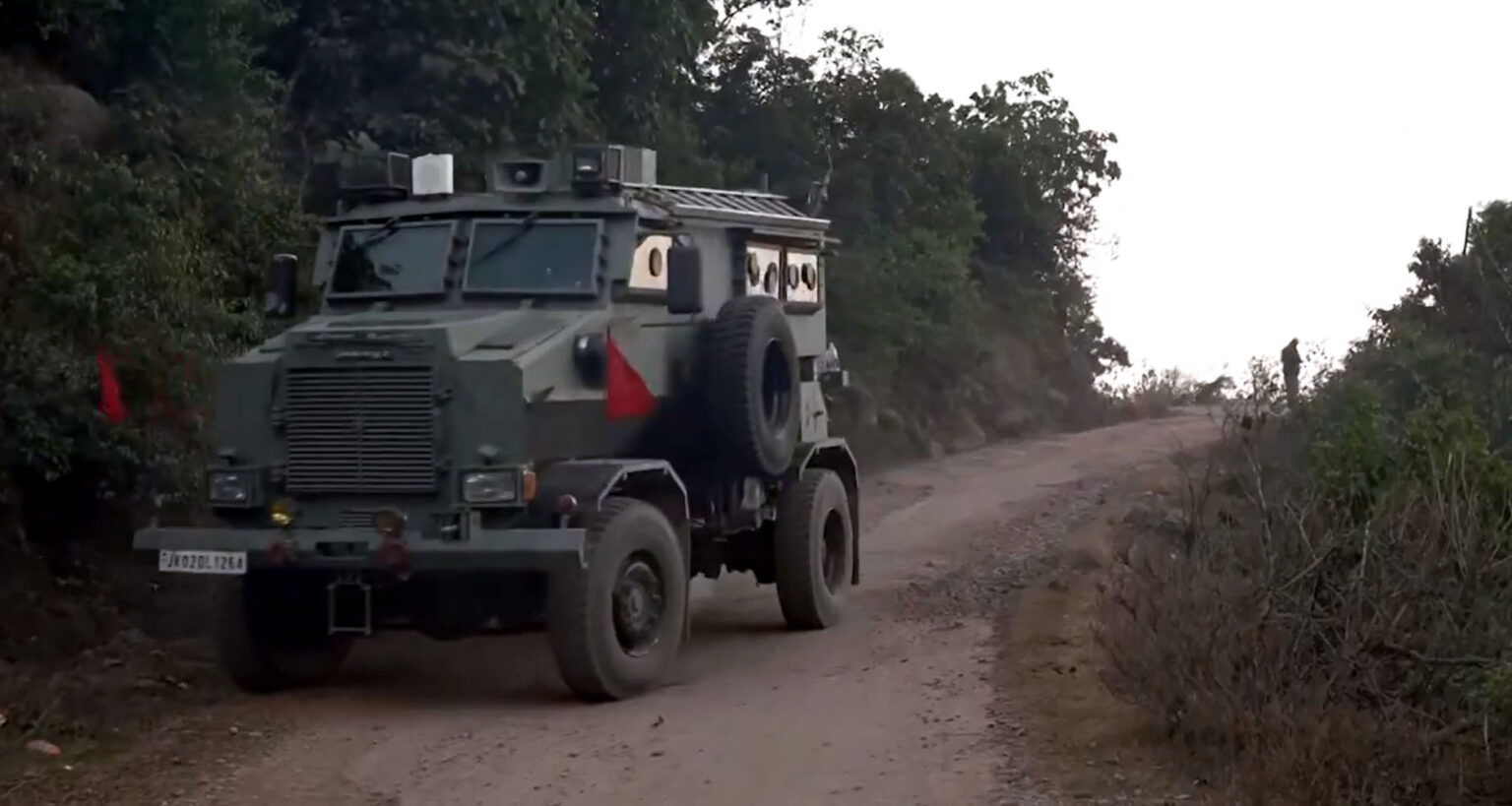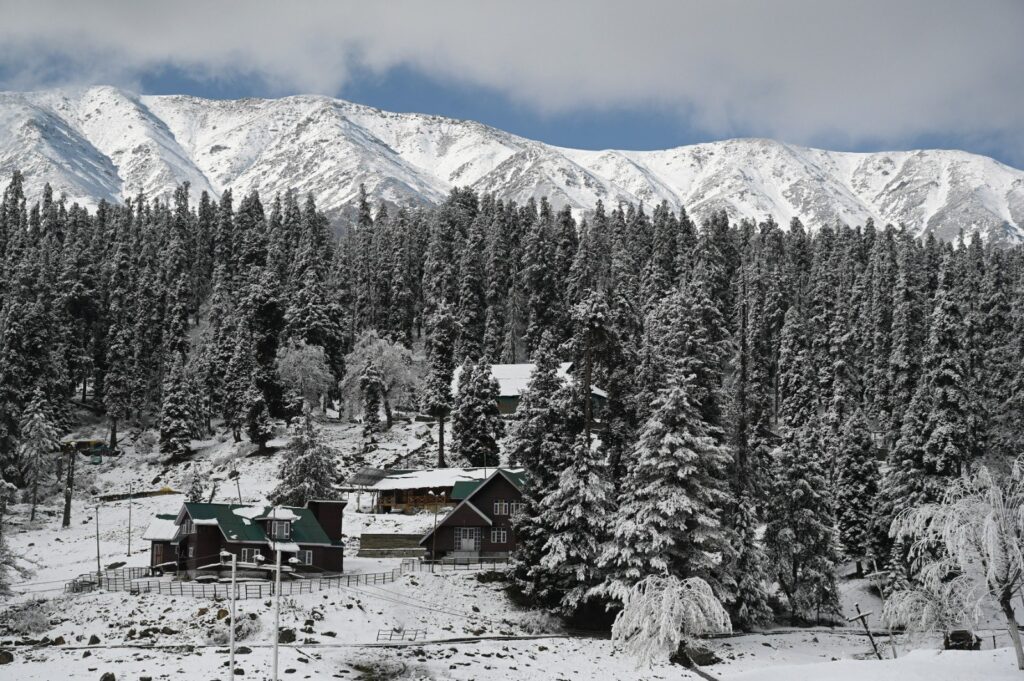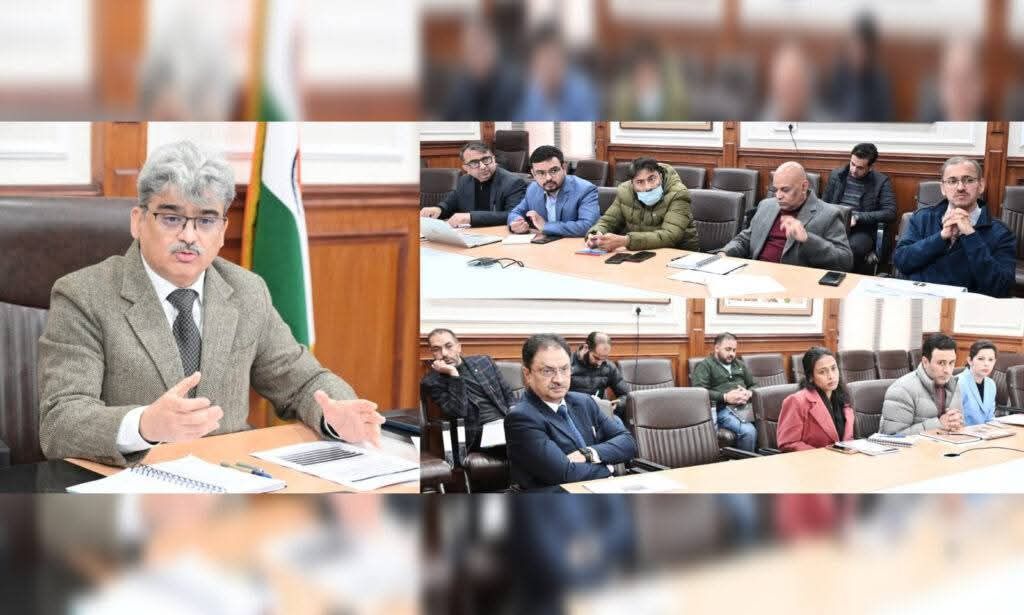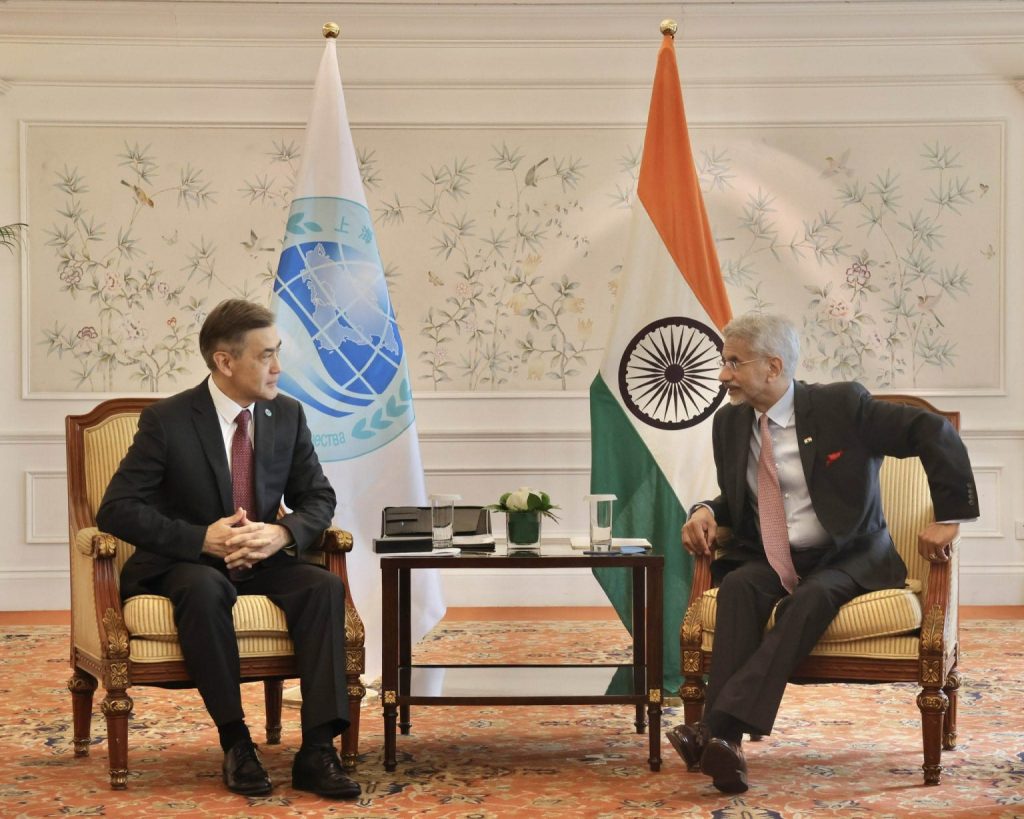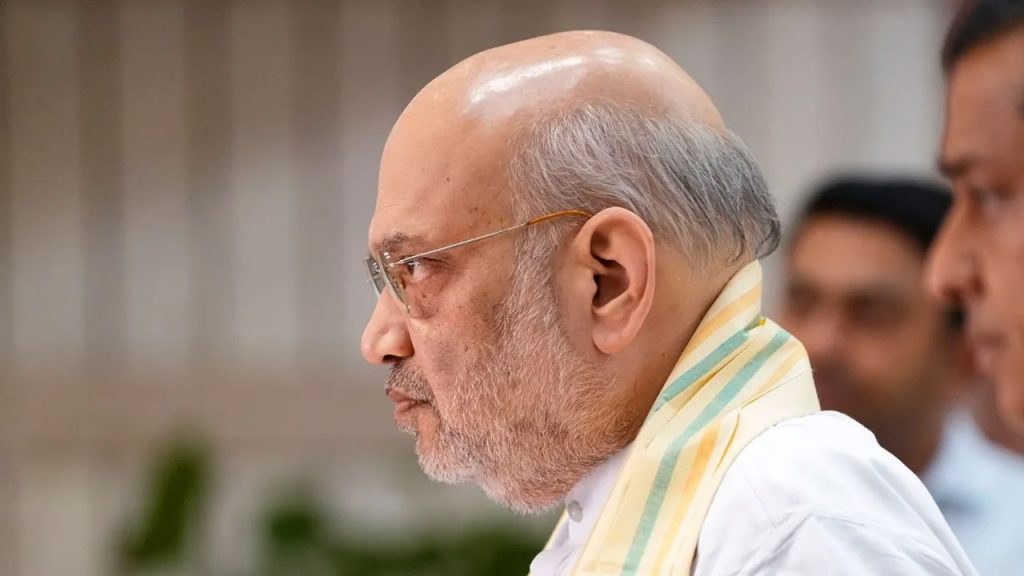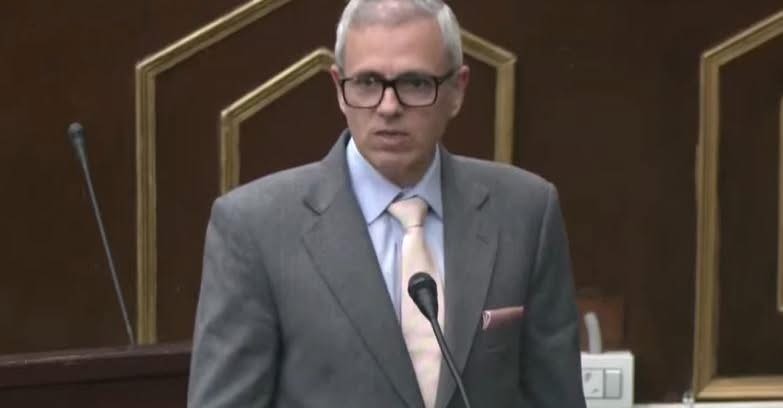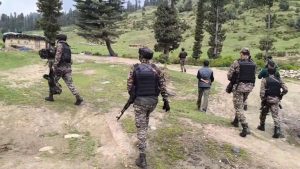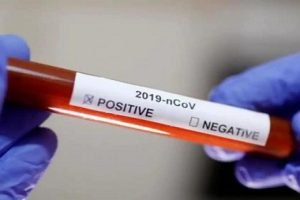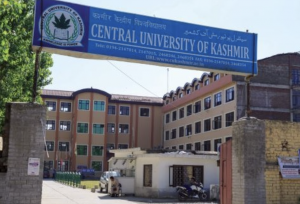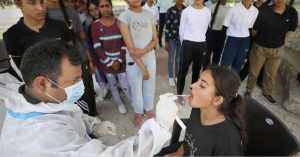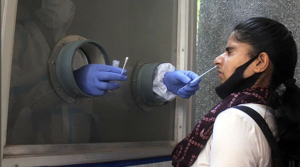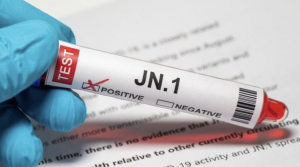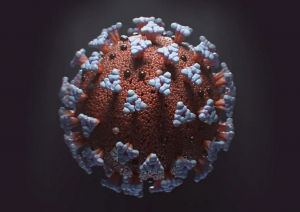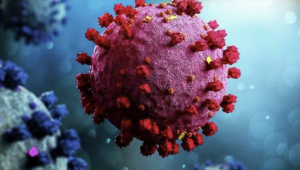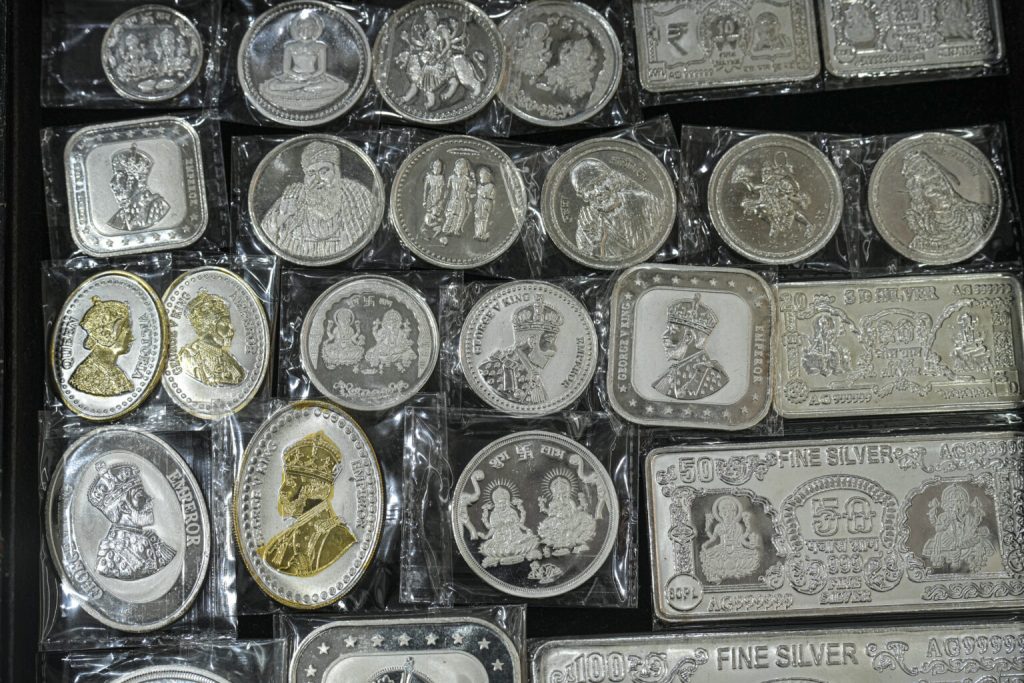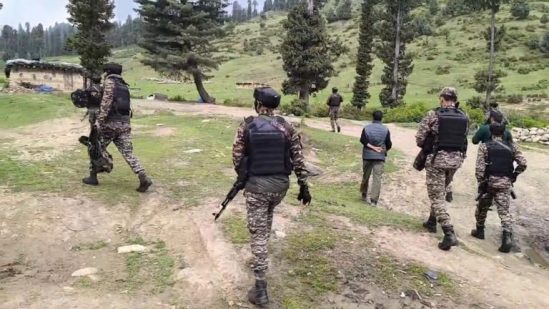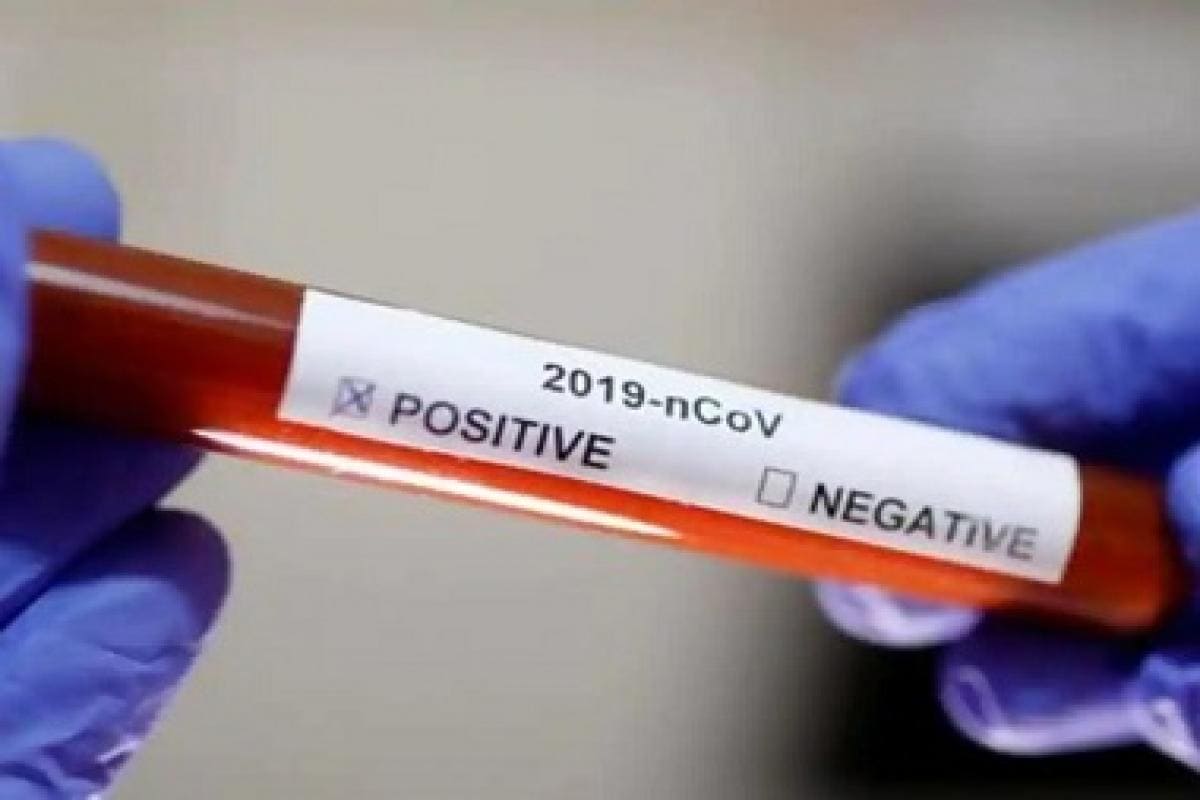NEW DELHI, Feb 26: Mallikarjun Kharge, the leader of the Congress, wrote to President Droupadi Murmu on Monday, drawing attention to the "gross injustice" that the Agnipath project had inflicted upon the nation's youths who were seeking regular employment in the military services, and he urged her to see to it that justice was served for them. According to Kharge's letter to the President, the usual recruitment process in the armed forces has ended, leaving approximately two lakh young men and women without a clear future. The Indian Armed Forces' Supreme Commander is also the President. These young people dedicated years of their lives to pursuing their dreams, and according to Kharge, "the resulting frustration and hopelessness has even led to several reported deaths by suicide." We cannot accept this kind of suffering for our young people. He said, "I beg you to see to it that justice and NYAY are served. With the intention of reducing the age distribution of the three services, the government launched the Agnipath recruitment programme in June 2022 for the short-term entry of persons into the armed forces. It calls for the recruitment of young people for four years, between the ages of seventeen and a half and twenty-one, with the option to retain twenty-five percent of them for an additional fifteen years. [caption id="attachment_11758" align="alignnone" width="300"] Agnipath Scheme Gross Injustice To Country’s Youth: Kharge Writes To President[/caption]


